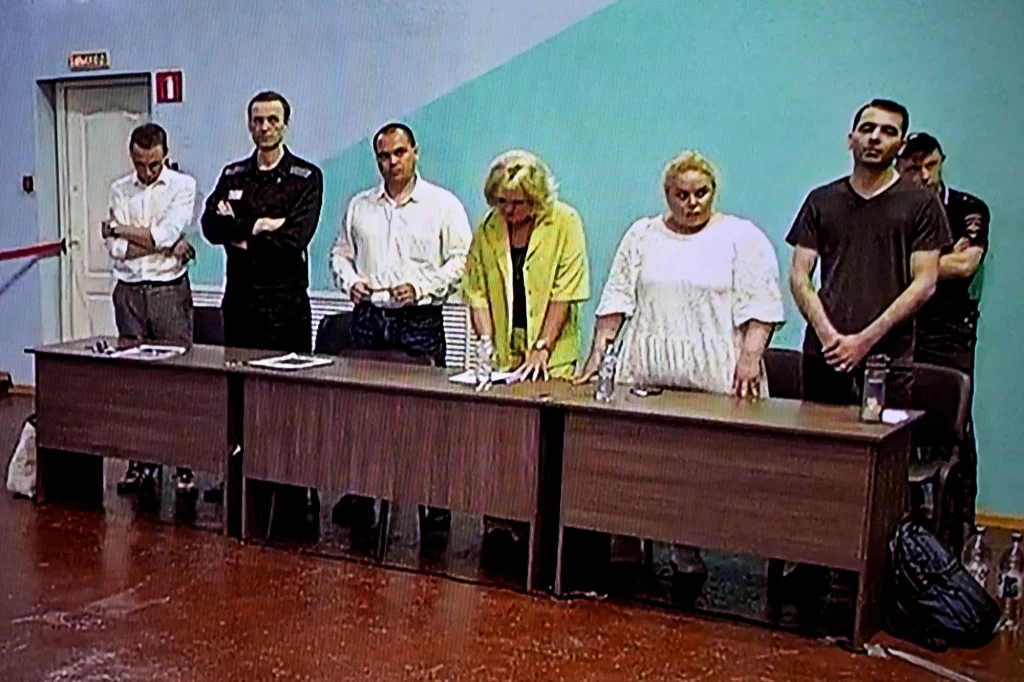The bad news continues for those with mortgages who will face, for another month, new increases in their mortgage payments. April will close with the Euribor at annual highs, around 3.74%, after rising 0.90% compared to the previous month and touching 3.9% on some days.
The reference index for variable mortgages will continue to climb in the short term, although it will do so more slowly than before, so it is “very likely” that it will be at 4% in Maypredict the analysts.
Above all, if those responsible for the European Central Bank (ECB) do not relax their monetary policy and interest rates rise again at the meeting to be held on May 4 with the aim of tackling inflation. In the analysts’ opinion, the increase could oscillate between 25 and 50 basis points.
It may interest you: The Euribor slows down its growth after completing a positive year
After the last hike in rates in March, the price of money stood at 3.5%hence “If they go up again in May to 3.75% or 4%, it is very likely that the Euribor will exceed 4% next month”, says Miquel Riera, personal finance expert at HelpMyCash.
For her part, Estefanía González, Kelisto’s personal finance spokesperson, dates the comeback of the Euribor to 4% at the end of summer.
The new rises in the Euribor due to interest rates will penalize those with mortgages with increases in their mortgage payments.
In the event that the Euribor rises to 4% in May, owners who have a variable mortgage for an amount of 150,000 euros – the average in Spain -, for a term of 25 years and an interest rate of Euribor plus 1% , and that it be reviewed annually with the Euribor in May, they will see how their monthly installments rise from 585 euros to 877 euros. with what they would pay 292 euros more per month and 3,504 euros more per year.
The situation could get worse if inflation soars even more and the ECB decides to tighten its monetary policy to break it.
In this case, the Euribor could reach its all-time high of 5.3 percent reached in July 2008. “This rise cannot be ruled out, although it is unlikely,” predicts Miquel Riera.
It must be taken into account that the Euribor has only exceeded 4% on two occasions: between July and November 2000 and between June and October 2008.
Thus, “for the index to reach all-time highs, the ECB would have to raise interest rates to around 4.75% or above that value. That is to say, should raise them 1.25 percentage points in the remainder of the year”, points out Riera, who considers it unlikely.
Everything will depend on the evolution of the inflation in the euro area, which closed March at 6.9%, while the core rose to 5.7%, breaking a new record.
If inflation falls, “it is likely that the ECB will not need to raise rates as much to control it,” says the HelpMyCash expert.
But if prices keep going up, “the supervisor could increase rates to levels similar to those of the year 2000, in which case the Euribor could reach or exceed 5%”.
Estefanía González considers that “it is difficult for this to happen”, because the ECB could slightly moderate the pace of rate increases “causing the Euribor to remain around 4%, but without going much further”.


